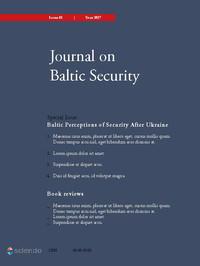Volume 3, Issue 1 (2017), June 2017

Order by:
Pub. online: 1 Jun 2017
Type: Research Article
 Open Access
Open Access
Abstract
Pub. online: 1 Jun 2017
Type: Research Article
 Open Access
Open Access
Abstract
Pub. online: 1 Jun 2017
Type: Research Article
 Open Access
Open Access
Abstract
Pub. online: 1 Jun 2017
Type: Research Article
 Open Access
Open Access
Abstract